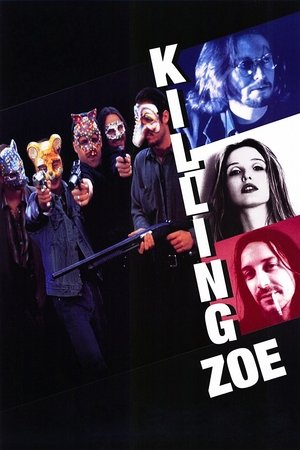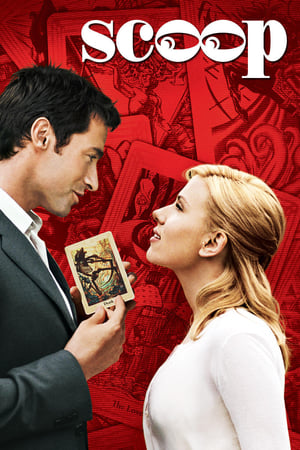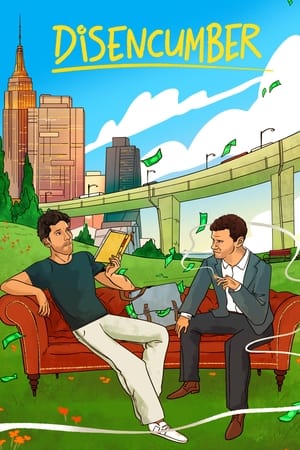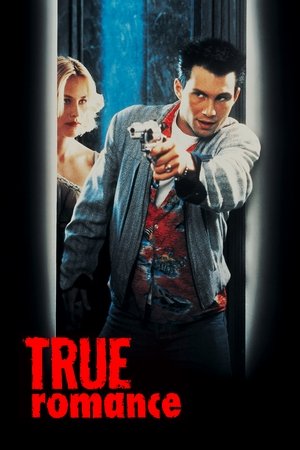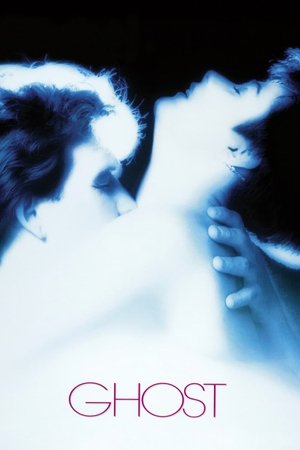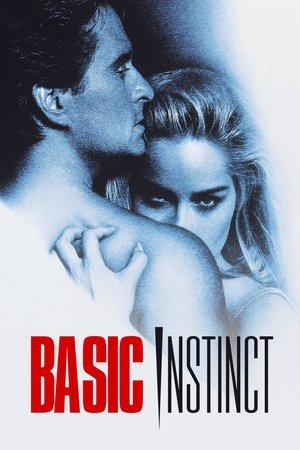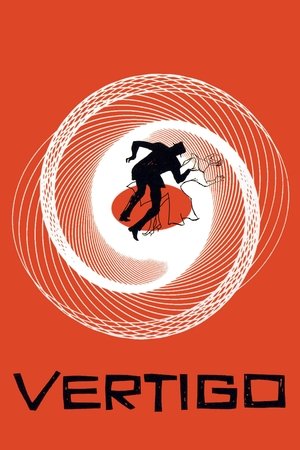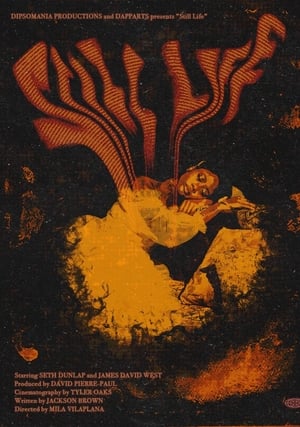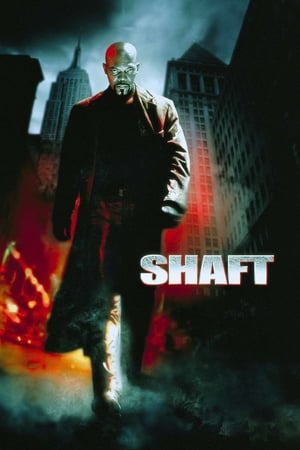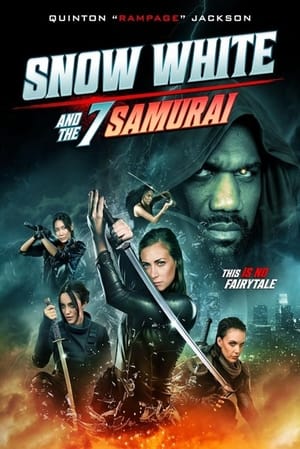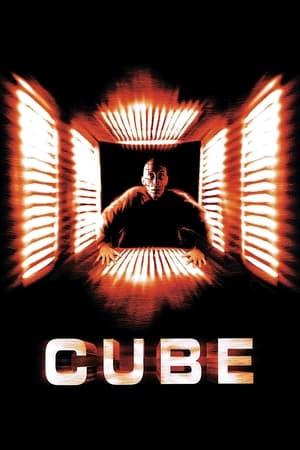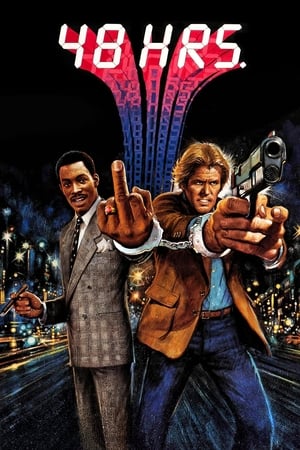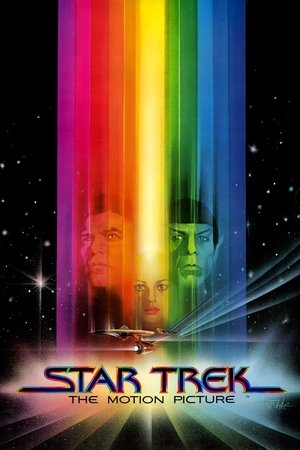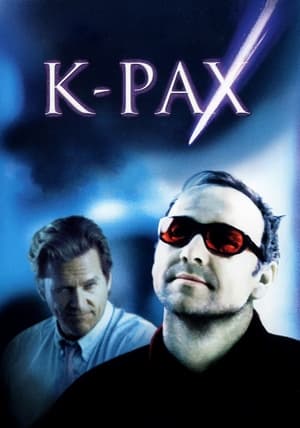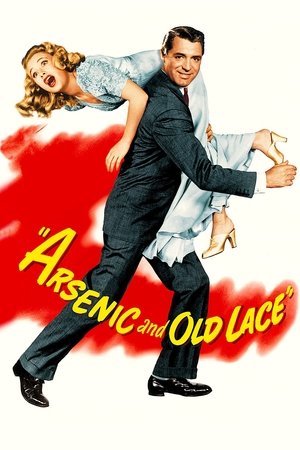Overview
In 1900, a white woman was murdered in Chinatown in San Francisco, and the suspect was a Chinese man. The murder caused social shock, and people demanded the closure of Chinatown.
Reviews
At times this is actually quite a fun spoof along the lines of "Sherlock Holmes" meets "Charlie Chan" by way of "High Noon" but for the most part it's a mess of a film that goes on for far too long. With the Manchu court facing the great powers we saw in "55 Days at Peking" (1963) the Empress Dowager dispatches her finest officer to San Francisco to track down a traitor. As it happens, the Holmesian "Fu" (Haoran Liu) is also in that very city on a quest for the killer of the daughter of senator "Grant" (John Cusack). Quite swiftly his investigation and the imperial mission start to overlap as the enthusiastic "Fu" and his newfound spiritual Indian guide "Gui" (Baoqiang Wang) discover that the prime suspect in the killing (Steven Zhang) is the son of local entrepreneur "Bai" (Chow Yun-Fat) and that the senator is using this to stir anti-Chinese sentiment to the point where he can force them out and seize their property. What now ensues delivers a series of rather randomly assembled escapades that mix murder mystery with western with romance and add a good dose of skullduggery to boot as they try to prove the young "Bai" was framed. Fu and Wang make for a decent enough double act at times, but the story loses it's way way too often and after a while the characterisations - especially "Bai" and "Grant" become light-weight and strained parodies. Fortunately, after about two hours, auteur Sicheng Chen must have felt he was running out of file space and so decided he'd better wrap things up - and for that last quarter of an hour the story knits together things we knew with things we didn't and presents us with a rather feeble denouement that did sort of suggest that there could be more adventures to come for the likeable "Gui" and "Fu". What is potent is the closing statement from the elder "Bai" about remembering the importance of immigrant labour in establishing a country that was all too quick to shun that working community later when it suited it, but it's made in a cack-handed and over-the-top fashion and drowned out by an overpowering score and thus loses much of an impact that might actually resonate in an USA that's still unsure how to recognise those who do/did the work but perhaps didn't all have the same/right skin colour or paperwork. It has it's moments, just nowhere near enough of them.

 135 min
135 min
 6.316
6.316
 2025
2025
 China
China
 CinemaSerf wrote:
CinemaSerf wrote: